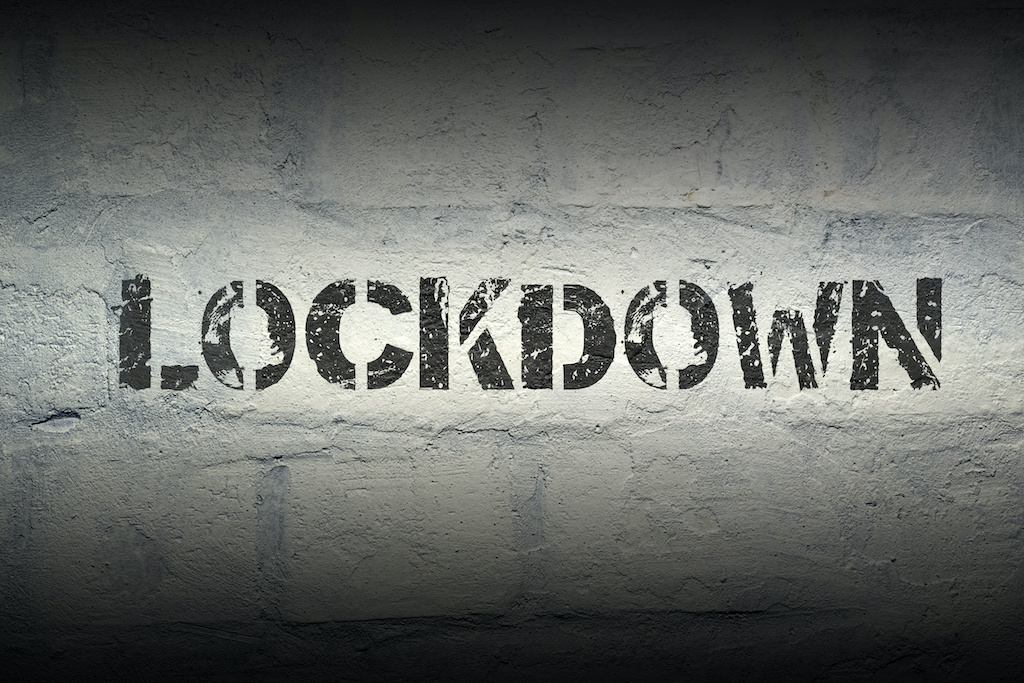By Irene Kalulu
The Covid-19 pandemic has worsened the vulnerability of marginalised groups in different societies, more so in Zimbabwe where the economy is on the verge of collapse.
People living with disabilities (PWDs) are now in a lurch as the lockdown and restrictions on informal trading have deprived them of their sources of livelihood.
There are around 900 000 PWDs in Zimbabwe yet the Department of Social welfare does not do much if anything to take care of their welfare. This has led to most of them having to resort to street begging to put food on the table.
For Florence Naomi Bvudzijena, the past four months have been an intense struggle for survival not only for herself but also her three children. Florence lost her sight after suffering from measles. Her six siblings were lucky enough to get early treatment but in Florence’s case the measles was not detected early enough, and it led to her visual impairment.
Florence is a single mother of three who survives on what she gets from street begging.
“Life has been doubly difficult since Government enforced lockdown measures. I no longer earn as much from street begging as I did before, it seems people are not as giving as they were before. Everyone seems to be complaining of how tough life has become so you can imagine how difficult it is for me and my family,” she said.
Before lockdown restrictions were introduced, Florence said that in a day she made enough to buy meals for her family but lately with the exorbitant prices of most basics and less people giving she is barely surviving.
Yet daily she sits with her seven-year-old baby girl on the street corner, no face masks for both of them or a sanitiser to protect themselves from the dreaded Coronavirus.
“During the first phase of the lockdown I got assistance from my church, they gave me mealie meal and other basic groceries. If it wasn’t for them my children were going to starve. Now I am also worried about my children who are not able to attend online classes because we do not have the means to do so,” she said.
Most people in the mining city of Kwekwe depend on informal trading but during the first phase of the lockdown, government through local councils, destroyed their stalls.
As a result, additional income may not be available to support people with special needs. Although government has introduced radio lessons for students, this may not fully cater for different types of people with disabilities, like students who learn through braille.
Debra Ncube, Projects Officer for the Zimbabwe Parents of Handicapped Children’s Association said hunger was the immediate crisis for parents of children with disabilities.
“Most of these families live a hand to mouth life and with the shutting down of the informal markets their life lines have also been cut. As an organisation we have been able to give out some food hampers to some of them but this is not even adequate to cover their needs,” she said.
Tichaona Chinembiri, who is visually impaired chose to be self-sustainable by resorting to selling airtime and other wares in town than to depend on begging. However, due to lockdown restrictions this is no longer viable. Whereas able bodied people are able to move around the different suburbs selling their wares, this is not possible for Tichaona because of his visual impairment.
Lovemore Rambiyawo, the Acting Executive Director of the National Association of the Care of the Handicapped (NASCOH) an umbrella body to over 50 disability organisations in Zimbabwe says that as the government has declared Covid-19 a national disaster it should implement a disability inclusive response to the crisis.
“The majority of people with disabilities are informal traders and they have been worst hit by the lockdown and are crying out for assistance. They are sinking deeper into poverty and the prospects of recovering are very slim. Seeing as we are facing a national disaster, government is duty bound to provide full support to people with disabilities,” said Rambiyawo.
PwDs are said to be at a higher risk of contracting Covid-19 because of their need to touch and feel their surroundings (for the visually impaired) and difficulty in maintaining physical distancing because they constantly need assistance in carrying out some duties. For visually impaired beggars, the risk is double because they constantly touch whatever one places in their begging bowl to determine how much someone would have given.
“I have heard that we have to constantly sanitise and to be wary of getting in contact with different elements but how else can I know how much I have? Begging is my life line but because of this corona (covid-19) it might also likely kill me but I have no other option,” said Florence.
MDC Alliance Secretary for Disability and Special Needs, Denias Mudzingwa who is also visually impaired pointed out that efforts to curb the spread of the coronavirus may be in vain if PWDs are not considered in a rights based way.
“Many people with disabilities depend on the use of their hands or other limbs to touch surfaces and to be able to move from one point to another because of lack of assistive devices. This leaves them more exposed than their abler counterparts. Added to this is the challenge on access to information, to food. If the ordinary person is struggling; what more the person who used to beg? Imagine their predicament, “said Mudzingwa.
The International Disability Alliance (IDA) a network of global and regional organisations of persons with disabilities recommends that during quarantine, support services, personal assistance, physical and communication accessibility must be ensured.
It also calls for information to be provided in accessible formats and services should be availed to all people with disabilities.

